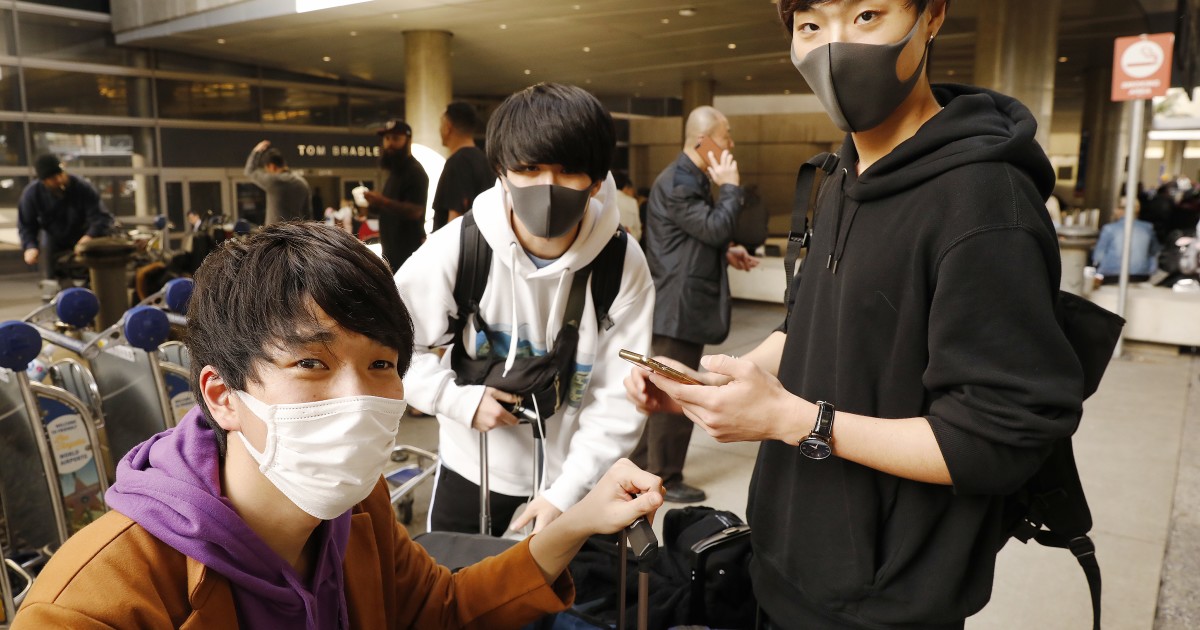The World Health Organization declared Thursday that the deadly outbreak fueled by a new coronavirus from China has become a global health emergency, citing fears that the microbe will soon reach smaller, poorer countries incapable of stemming its spread.
The decision will probably make new resources available to health officials around the world who are battling a virus that has sickened more than 8,000 people on four continents and claimed 171 lives. It will also establish WHO’s authority to lead the international response and strengthen the organization’s hand in shaping the domestic decisions of its 194 member nations.
WHO Director-General Tedros Adhanom Ghebreyesus said the organization is not recommending any measures that would limit travel or international trade. Those are some of the most potent tools at his agency’s disposal to stem the spread of disease, but they are not necessary at this time, he told reporters in Geneva.
But health experts acknowledged that WHO has no way to enforce its recommendations, or to constrain the actions of members. Even with the new declaration, the agency will be able to do little more than cajole and exhort the international community to cooperate, and to guide the efforts of philanthropies active in public health efforts.
Tedros took pains to reassure China that WHO’s declaration implied no criticism of the country’s actions, including the “extraordinary measures” it has taken to limit the spread of the novel coronavirus, known officially as 2019-nCoV. Among other things, the government ordered an unprecedented quarantine affecting 50 million people in 17 cities.
“China is setting a new standard for outbreak response, and it’s not an exaggeration,” he said.
But with the virus now present in 22 countries and territories, and with person-to-person transmission confirmed to have taken place in five countries besides China, the potential for it to cause mayhem in countries “with weaker public health systems” was Tedros’ chief concern.
“We must all act together now to limit further spread,” he said.
An expert advisory committee debated for almost eight hours before recommending that WHO formally declare the outbreak a public health emergency of international concern. In doing so, the members recognized that the never-before-seen virus is spreading internationally, poses serious health threats, and could affect travel and trade.
China first informed WHO about cases of the new virus in late December. Experts say there is significant evidence the virus is being transmitted among people in China and have noted with concern several instances in other countries — including Japan, Germany, Canada, Vietnam and most recently the U.S. — where there have also been isolated cases of human-to-human spread.
The circulation of a new virus across international borders, along with its transmission directly from person to person within several countries, are key milestones in the making of a public health emergency.
The spread of 2019-nCoV in Vietnam, a country with a rudimentary system in place to detect, track and isolate new infections, is especially alarming to infectious disease experts.
Tedros made clear that the step taken by WHO on Thursday must galvanize the international community’s efforts to help countries like Vietnam fight the spread of coronavirus.
“We must support countries with weaker health systems” by providing them with tests that can quickly identify and treat those infected, he said. And when a vaccine to prevent infection becomes available, those countries must gain access to them, he added.
The Associated Press contributed to this report.















